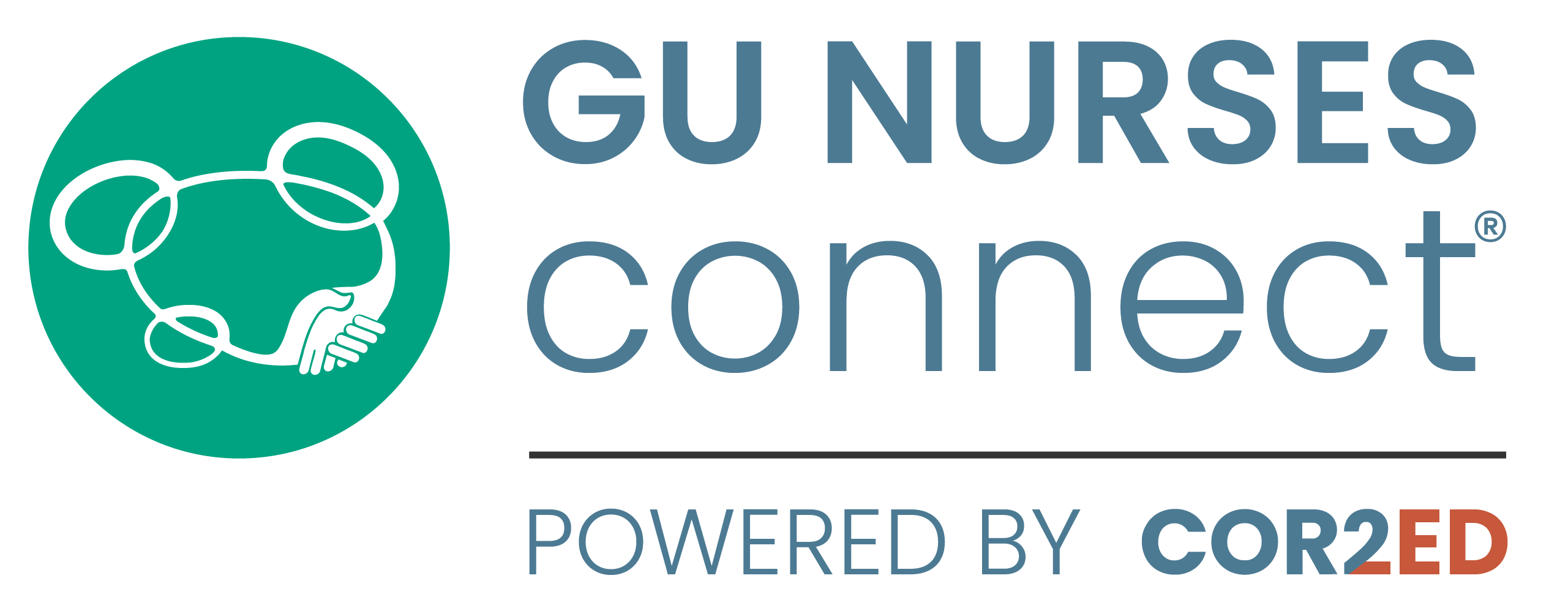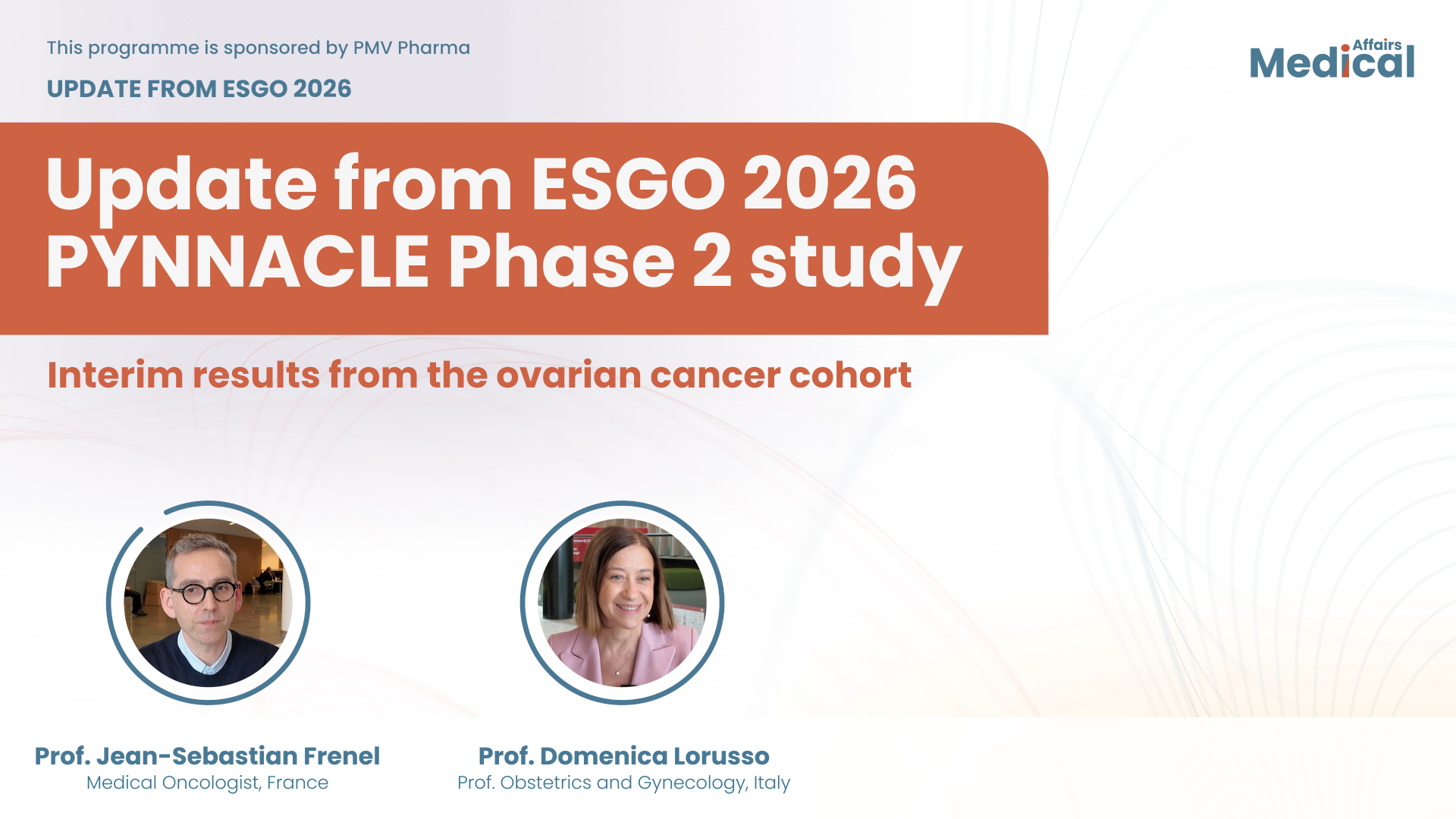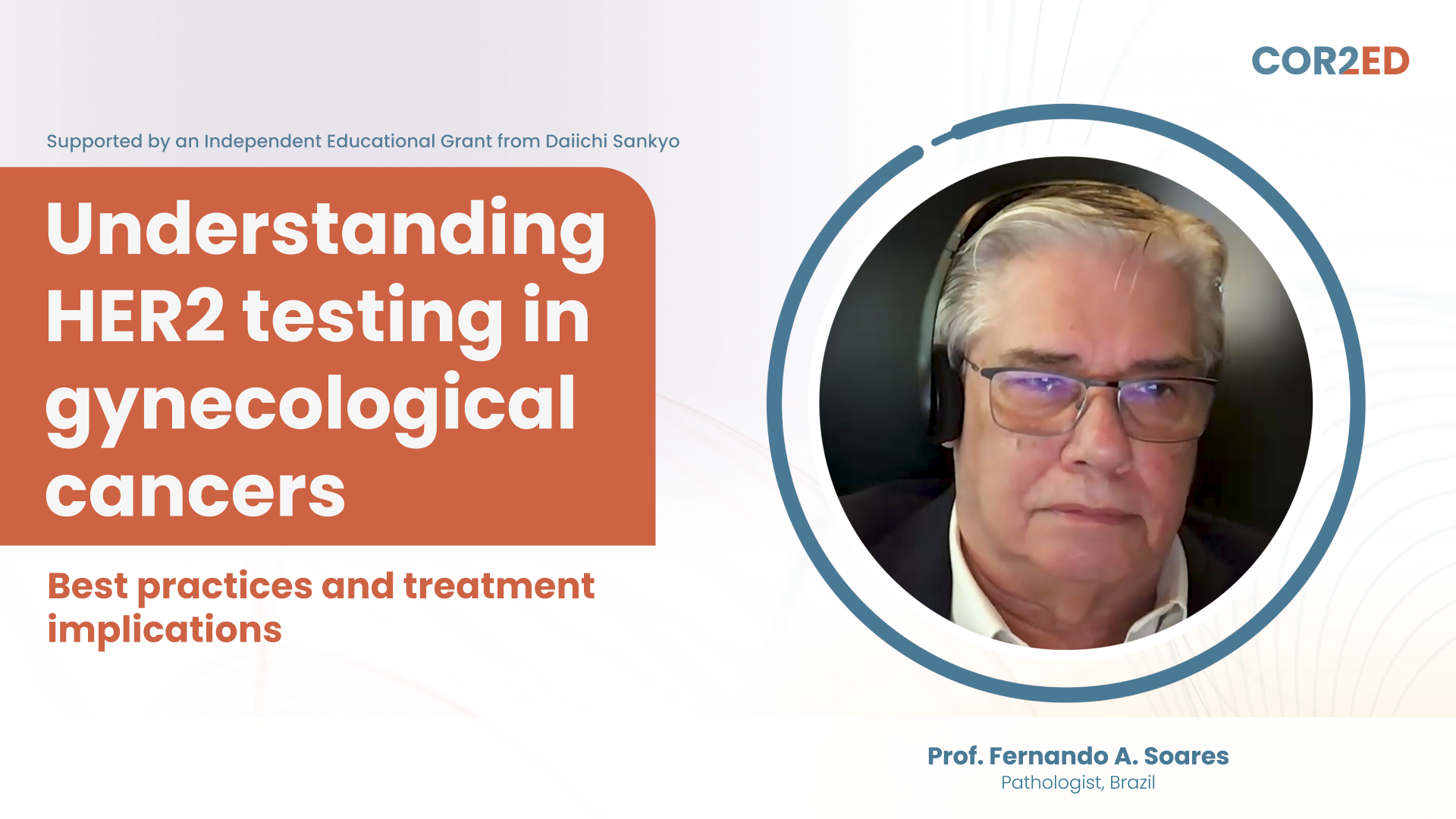Hi, my name is Joanne Chien, Nurse Practitioner at Stanford Health Care in California, USA.
Today I will be discussing practical considerations when sequencing treatments for metastatic CRPC patients, reviewing recent real-world data and different treatment sequences and helping patients to understand what side effects to expect, that may be related to their prior treatment as well as current treatment.
Real-world data guiding treatment sequencing strategies in metastatic CRPC
Sequencing treatments in metastatic CRPC has been revolutionised, due to the rapid evolving treatment options, and the early use of the novel hormonal therapies. The real-world data is valuable in guiding sequencing strategies, as it is reflective of the patient population that we see in our clinical practice.
Real-world data from a study in the United States, showed that overall survival was higher in patients receiving multiple life-prolonging therapies. However, more than 50% of the patients never received subsequent treatment, after only the first-line therapy. And only 60% of the patients received the bone-health agent, which is imperative to prevent pathologic fracture in patients with metastatic CRPC.
The back-to-back use of abiraterone and enzalutamide was also common, despite the evidence of cross-resistance and limited efficacy. To overcome this cross-resistance, studies recommend using a therapy with a different mechanism-of-action as presented in the CARD trial.
For patients who have received a prior docetaxel and an AR-targeted agent, now using cabazitaxel significantly improved clinical outcomes, and reduced pain, instead of switching to another novel hormonal therapy. This data was also validated by the real-world analysis presented at ESMO virtual congress 2020 by Doctor de Wit. Patients may express concerns over the side effects that they may have had with prior chemotherapy, such as fatigue, neutropenia, peripheral neuropathy that may have impacted their quality of life. And they may be worried about the risk of infection, particularly during this COVID pandemic.
Evidenced-based care and supporting patients in shared decision-making
As a GU oncology nurse, we’re here to provide evidenced-based care and to support our patients in shared decision-making. Helping patients understand that using cabazitaxel in this space is safe, effective, and pretty well tolerated. It is often given with the growth factor to reduce risk of neutropenia.
Radium-223 is a good option to improve clinical outcomes in patients with symptomatic bony metastasis. Recent real-world data has also shown improved overall survival in metastatic CRPC patients with early use of radium-223, compared to later use.
Most recently the data from the VISION trial demonstrated that lutetium-PSMA prolonged overall survival compared to standard of care, and may be a future treatment option in metastatic CRPC, after both hormonal therapies and taxane chemotherapy.
Knowing the patients’ genomic status is also important for potential targeted therapies, such as PARP-inhibitor for patients with homologous recombination repair mutation, and pembrolizumab in patients with high microsatellite instability.
And, as always, clinical trials should be considered for all our patients. The goal is to deliver as many effective life-prolonging therapies as possible, preferably sequencing treatment with a different mechanism of action, while balancing quality of life.
For more information and to download the slides, please go to gunursesconnect.cor2ed.com. Thank you for listening on behalf of GU NURSES CONNECT.




 Downloadable
Downloadable  5 MIN
5 MIN
 Mar 2026
Mar 2026 





